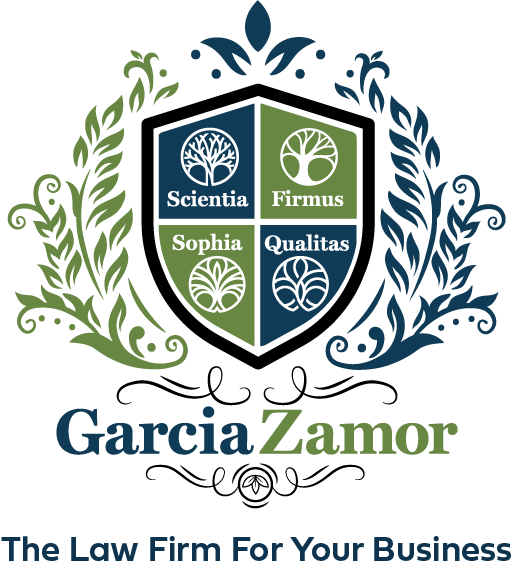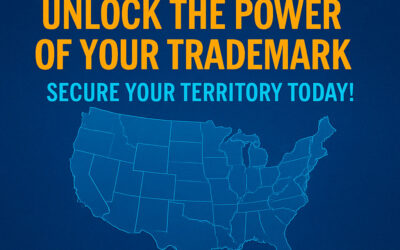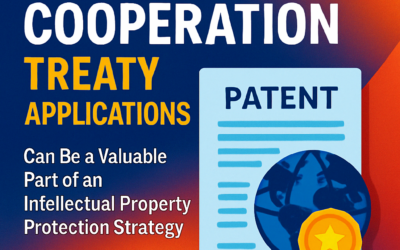In June of 2014, the entire football world was thrown into trademark protection upheaval by the Trademark Trial and Appeal Board (TTAB) when it issued its famous ruling in Blackhorse v. Pro Football, Inc. Relying on section 2(a) of the Lanham Act, which bars from registration any trademarks which may “disparage . . . persons, living or dead,” the TTAB cancelled several registrations containing the words “redskin” and “redskins.” The term “redskin,” the TTAB found, is offensive to Native Americans, and so the several trademark registrations containing the term “redskin” owned by Pro Football, Inc., the ownership group of the Washington Redskins, were cancelled.
Upon review, the United States District Court for the Eastern District of Virginia subsequently upheld the ruling in July of 2015, over Pro Football, Inc.’s First Amendment defense. Pro Football, Inc. argued that the TTAB violated its freedom of speech, punishing Pro Football, Inc. for the contents of its speech. The court rejected this argument, holding that there was no First Amendment violation because the revocation of the mark did not prohibit the team from using the name “redskins.” Instead, it merely denied the team the protections of a registered trademark and, because trademark law is a permissive law, denying the grant of exclusivity is not a restriction on free speech.
With this decision and the backing of case precedent, holding seemed unlikely to be reversed …until five months later, that is, when the United States Court of Appeals for the Federal Circuit handed down a decision in the case of In re Tam which may directly contradict the Blackhorse decision.
In that case, Asian-American singer, Mr. Tam, attempted to register the name of his band, “The Slants,” with the United States Patent and Trademark Office (USPTO). In choosing the name, Mr. Tam stated that he wanted to “re-appropriat[e]” the term “slants,” in an effort to change the possible negative connotations of the word. The USPTO rejected the mark due to disparagement toward persons of Asian descent, in a ruling nearly identical to the ruling in Blackhorse. Upon appeal, however, the court overturned the rejection and possibly the entire body of disparagement case law on First Amendment grounds.
The Court of Appeals found that the disparagement portion of Section 2(a) of the Lanham Act is an unconstitutional content-based restriction on free speech. According to the court, “the government may not penalize private speech merely because it disapproves of the message it conveys….It cannot refuse to register marks because it concludes that such marks will be disparaging to others.” As the government lacks a legitimate interest, according to the court, the provision is unconstitutional even as a bar to commercial speech. Thus, upon this reasoning, Tam’s appeal was successful and his case was remand for further review to determine if the trademark application should be allowed or refused on other grounds.
So does this mean that Pro Football, Inc.’s most recent appeal, to the United States Circuit Court for the Fourth Circuit, is likely to overturn the cancellation based on the Tam precedent? Not necessarily. Tam was decided by the Circuit Court in the Federal Circuit, not the Fourth Circuit. As these are both federal circuit courts, the Fourth Circuit is not bound to follow the precedent set in Tam for this subject matter. However, the Tam decision does represent the first real break in previous precedent regarding the disparagement portion of section 2(a). It is now possible that the Fourth Circuit may be persuaded by the Tam opinion to reverse the most recent ruling against Pro Football, Inc. What is clear is that football fans in the nation’s capital, and perhaps nationwide, will be awaiting the Fourth Circuit’s decision, now that the outcome is no longer certain.
If you have any questions regarding: preparing new trademark or patent applications, responding to patent office actions, prosecuting your patent application, conducting interviews with patent examiners, branding, trademarks, patent planning or other intellectual property matters, please contact Garcia-Zamor Intellectual Property Law, LLC.







